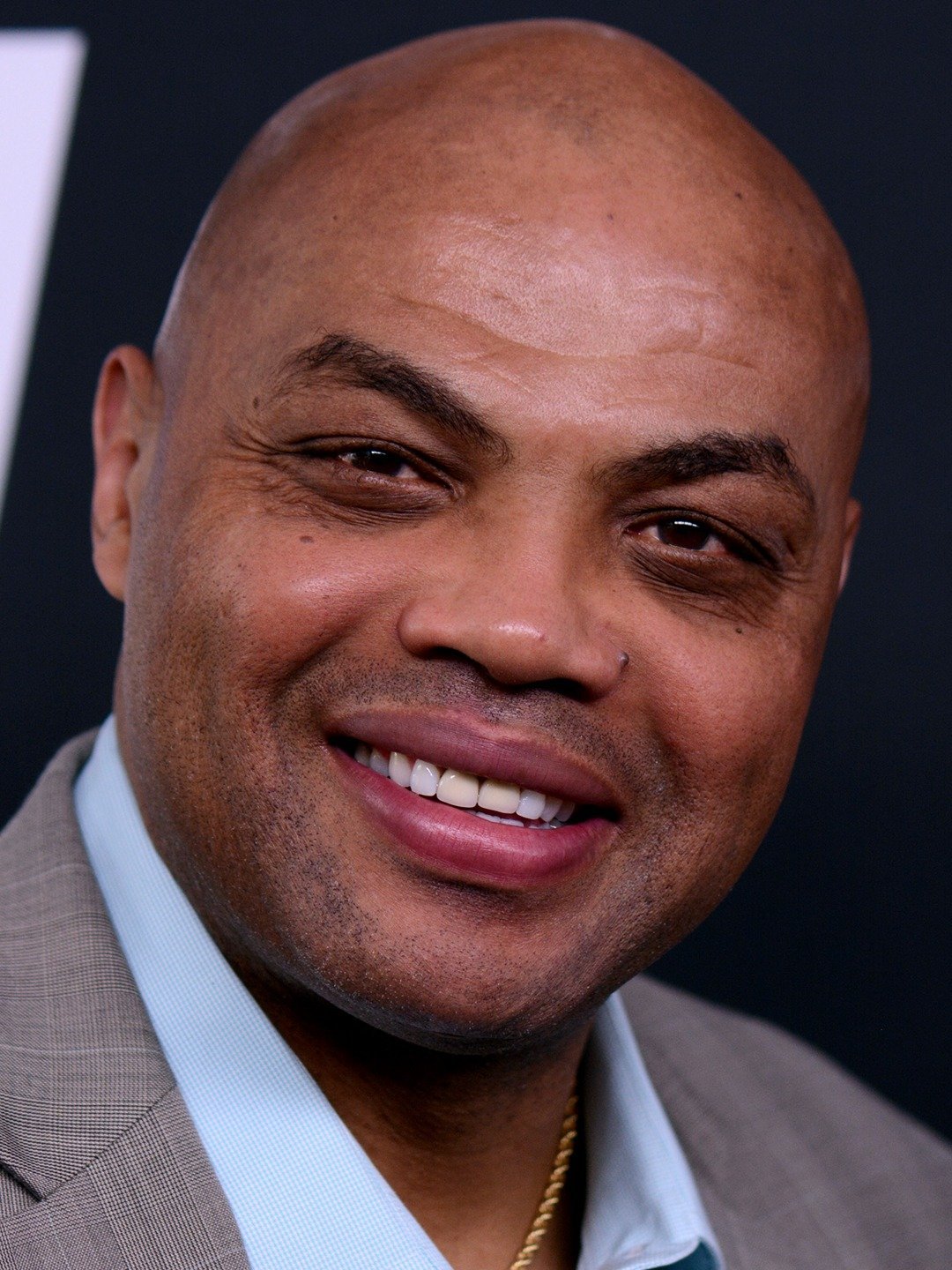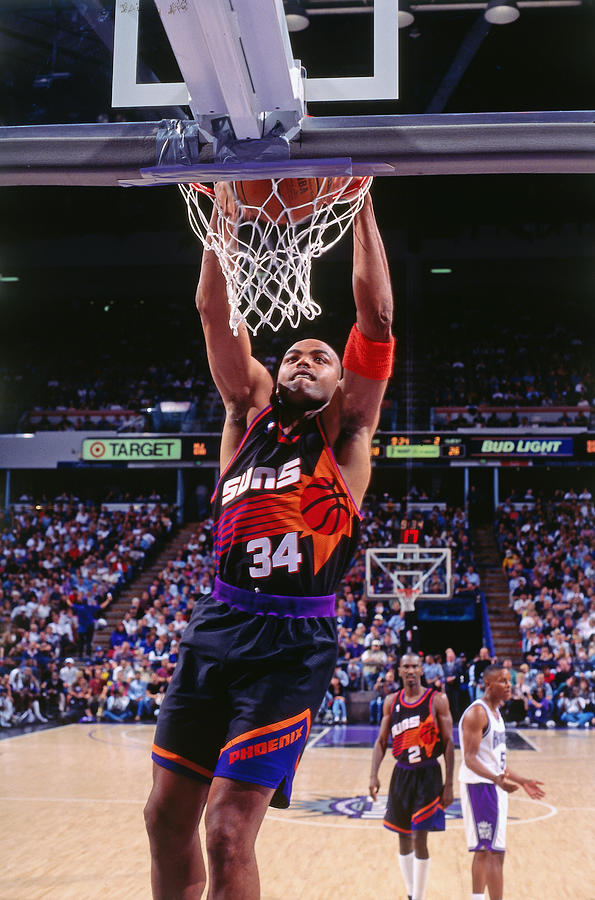Is Charles Barkley's concern for Bill Belichick a reflection of a deeper unease in the world of sports and celebrity? The recent viral interview featuring Bill Belichick, coupled with Charles Barkley's candid remarks, has ignited a flurry of speculation about the coach's current state, raising questions about the pressures faced by public figures and the blurred lines between personal and professional lives.
Charles Barkley, the iconic basketball Hall of Famer and television personality, has expressed his apprehension regarding his great friend, Bill Belichick, following the latter's widely-circulated interview with his girlfriend, Jordon Hudson. This concern, voiced publicly, underscores the complexities of navigating the spotlight, particularly when personal matters become fodder for public consumption. Barkley's perspective carries significant weight, given his own lengthy career in the public eye and his well-known candor. His unease isn't merely about the interview itself, but potentially about a broader shift or change he perceives in Belichick's demeanor or circumstances. This reaction prompts reflection on how we, as a society, perceive and react to the personal lives of individuals who are constantly under the scrutiny of the media.
In the midst of these discussions, it’s essential to remember the remarkable career and influence of Charles Barkley himself. A powerhouse on the court and a magnetic personality off of it, Barkley's legacy extends far beyond his impressive stats. He is a figure who has always spoken his mind, unafraid to challenge conventions or offer a raw, unfiltered assessment of the game and the people who play it. Below is a detailed look at Barkley's career and personal life.
| Category | Details |
|---|---|
| Full Name | Charles Wade Barkley |
| Born | February 20, 1963, in Leeds, Alabama, USA |
| Nickname | Sir Charles, Chuck, The Round Mound of Rebound |
| Height | 6 ft 6 in (1.98 m) |
| Weight | 252 lb (114 kg) |
| High School | Leeds High School |
| College | Auburn University |
| NBA Draft | Philadelphia 76ers, 5th overall, 1984 |
| Position | Power forward/Small forward |
| NBA Teams | Philadelphia 76ers (1984–1992), Phoenix Suns (1992–1996), Houston Rockets (1996–2000) |
| Career Highlights | NBA MVP (1993), 11-time NBA All-Star, 1991 All-Star Game MVP, 5-time All-NBA First Team, NBA All-Rookie First Team (1985), 2-time Olympic Gold Medalist (1992, 1996), Naismith Memorial Basketball Hall of Fame (2006) |
| Career Stats (NBA) | Points: 23,757 (22.1 per game), Rebounds: 12,546 (11.7 per game), Assists: 4,215 (3.9 per game) |
| Post-Playing Career | Television analyst for TNT's Inside the NBA |
| Marital Status | Married to Maureen Blumhardt |
| Children | One daughter, Christiana Barkley |
| Notable Quotes | I am not a role model. "I wasn't the best player, but I was the toughest. |
| Source | Wikipedia |
The intersection of sports and personal lives is a recurring theme in the Barkley narrative. His straightforward assessments and unwillingness to sugarcoat his opinions have often created both admirers and detractors. For instance, his criticism of Luka Doncic, following the Los Angeles Lakers' elimination, highlights Barkley's unwavering expectation for excellence. He didn't shy away from directing his commentary toward the Slovenian star, emphasizing the necessity for Doncic to elevate his performance if the team hoped to compete. This bluntness, a hallmark of Barkley's broadcasting style, underscores his dedication to the game and his belief in holding players accountable.
Barkley’s influence extends beyond on-court performance and the commentator's desk. His presence on TNT's Inside the NBA has solidified him as a prominent figure in sports entertainment. The chemistry among the show's hosts – Barkley, Shaquille O'Neal, Kenny Smith, and Ernie Johnson – has captivated audiences, cementing their show's position as a favorite. The announcement of Barkley’s surprise retirement decision further underscores the often complex and unpredictable nature of professional life, and highlights the significant impact these public figures have on the entertainment landscape. This departure, made clear during pregame coverage for Game 4 of the 2024 NBA Finals on June 15, leaves fans and colleagues to contemplate the end of an era.
His openness and commitment to his profession, however, have been met with occasional controversy. The media and public have documented several issues, as well as a degree of criticism over his behavior. Nevertheless, the sports world has consistently embraced Barkley’s honesty and unique perspective, which is evident in the large audience that has followed him. His popularity also demonstrates the appeal of a personality willing to express candid opinions, even when those opinions are controversial.
Barkley’s concerns about Bill Belichick, therefore, serve as a prompt for deeper discussion. It’s a reminder that even those at the pinnacle of their fields are, at their core, human beings dealing with the pressures of public scrutiny. His observations, based on friendship and years of experience, may resonate beyond the world of sports, sparking a wider dialogue about the toll that fame can take and the importance of supporting those who navigate its complexities.



